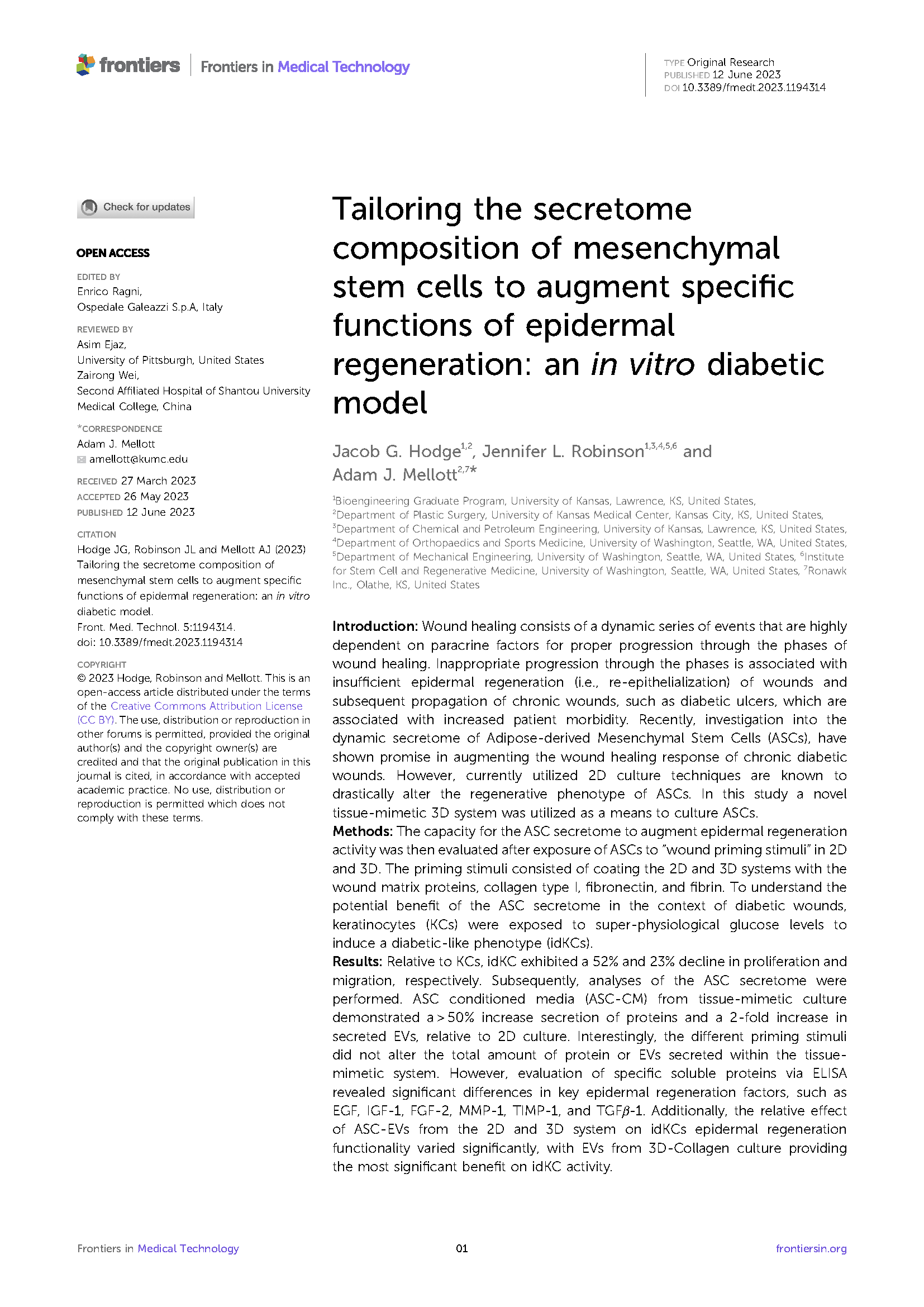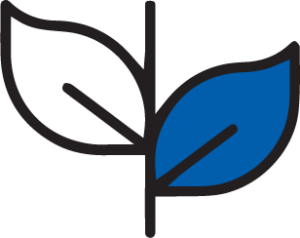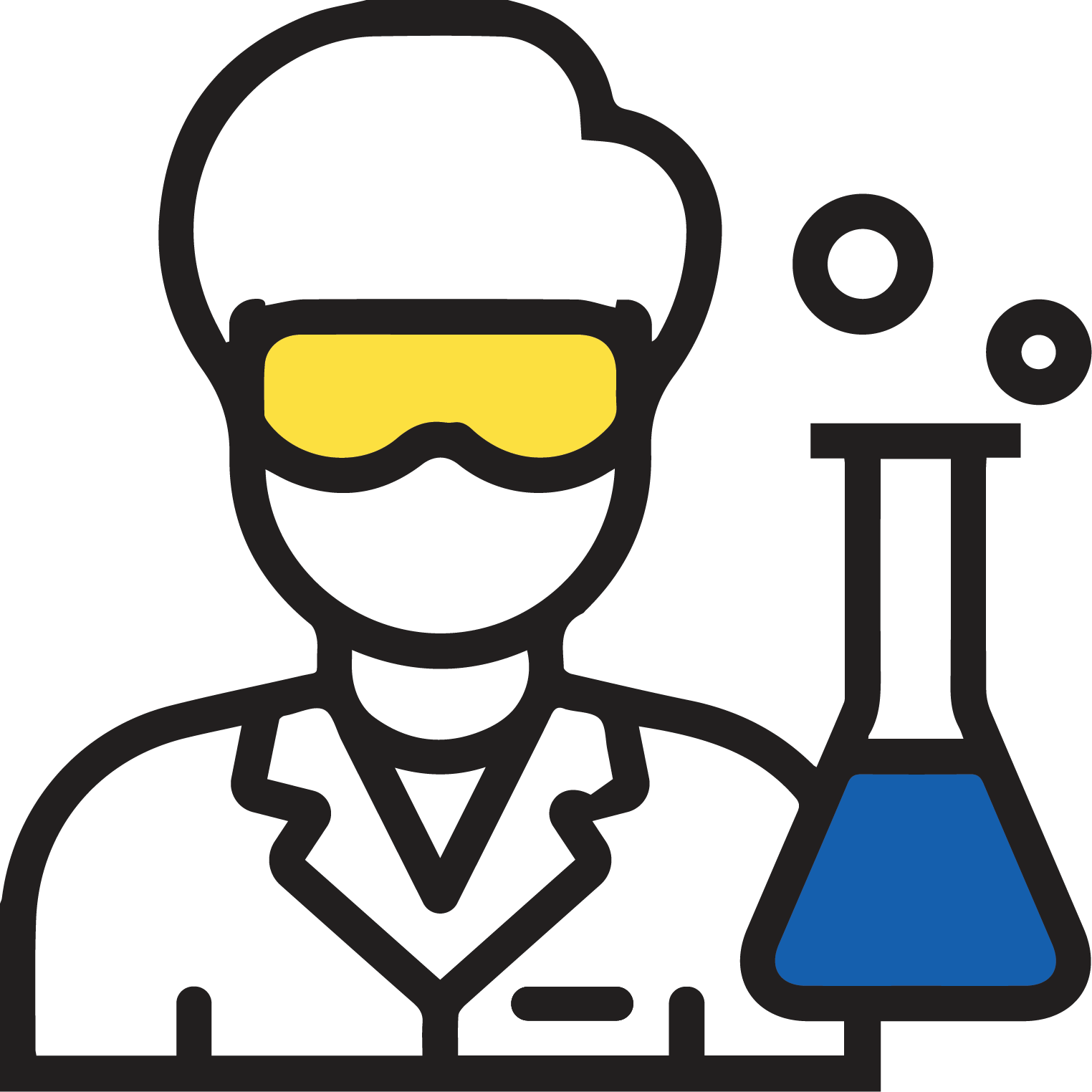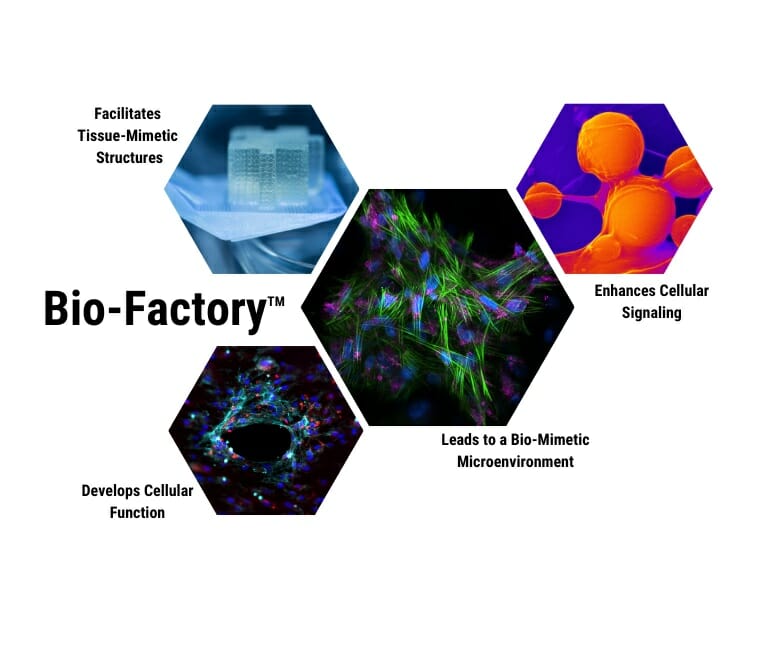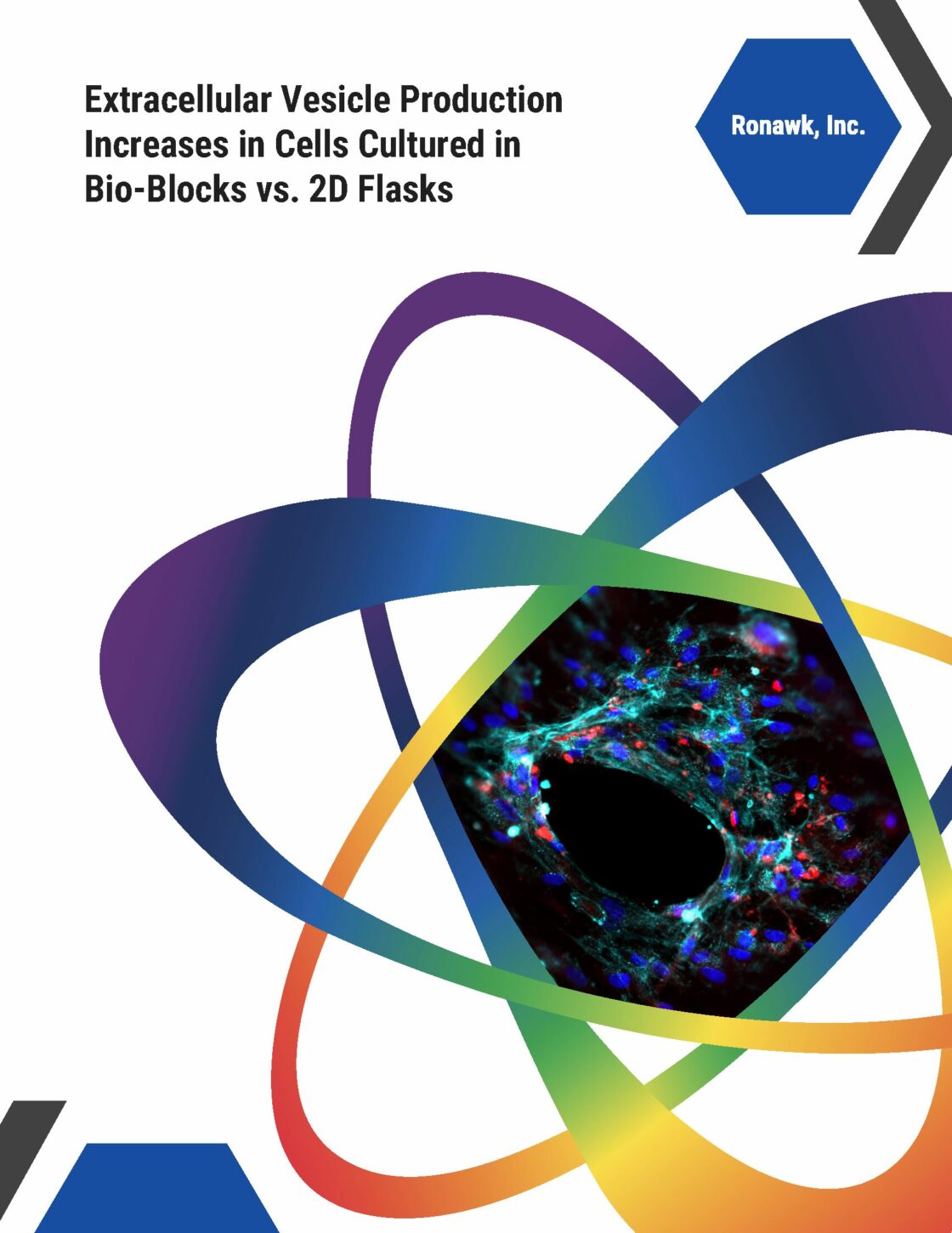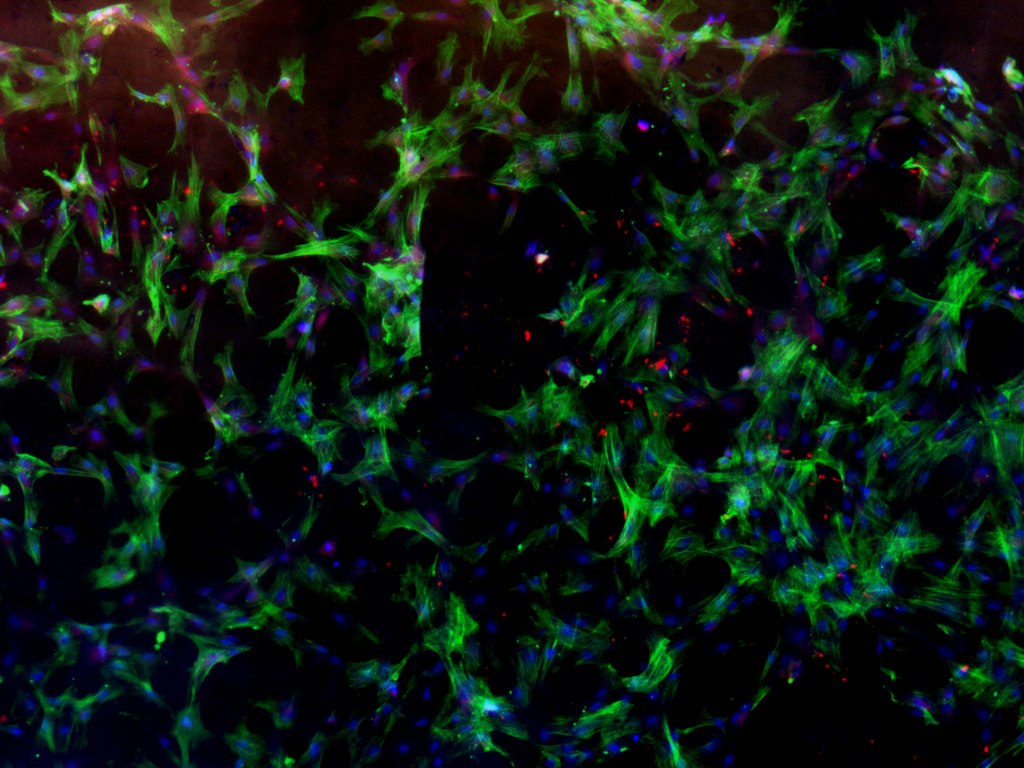
"Cell and tissue culture is one of the biggest barriers to developing and scaling life-changing therapies."
Traditional Cell Culture The Challenge With Growing Cells.
Cultivating, manipulating, and analyzing cells takes time and effort. It is tedious and existing technologies do not allow for the growth of high-quality cells that mimic how cells grow in the human body.
In fact, most technologies force cells to grow in hard plastic artificial environments that are nothing like what is in the body at all.
2D Requires Subculture
2D Does Not Mimic An In Vivo Environment
2D Creates A Significant Problem With Senescence
2D Requires Significant Labor and Consumables
Talk To Our Team
Schedule A Time To Talk About Our Customizable Solutions
Our team is here to understand your needs, the cell lines you use, and to create customized protocols for using Ronawk’s advanced mimetic culture technologies.
Built For Innovators
The Bio-Factory™: A Mimetic Culture Platform

Mimetic Culture Technology
Bio-Blocks are the innovative system for creating bio-mimetic microenvironments to grow cells and tissue
Over a 6-week study, Bio-Blocks resulted in no significant changes in senescence, whereas traditional 2D culture caused an approximately fourfold increase in senescent adipose-derived MSC populations. Additionally, the Bio-Block system maintains the stem-like phenotype of ASC populations over time, which indicates that it helps retain their overall regenerative capacity.
Resources
How We're Serving Science
